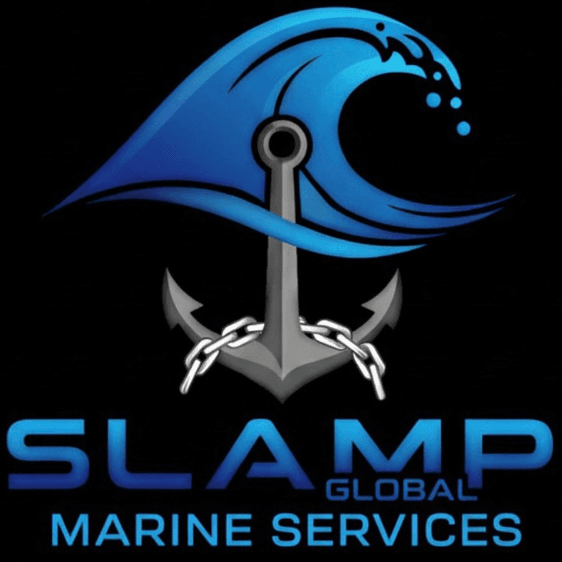Local Insights: Navigating Marine Regulations in the UAE
SG
The United Arab Emirates, with its stunning coastline and thriving maritime industry, is a hub for marine activities. However, navigating marine regulations in the UAE can be complex due to the blend of local and international laws. Understanding these regulations is crucial for anyone involved in maritime operations, from commercial enterprises to leisure enthusiasts.

Understanding the Regulatory Framework
The UAE's marine regulations are governed by a combination of federal laws and emirate-specific rules. The Federal Transport Authority (FTA) is responsible for maritime safety and security across the country. It ensures compliance with international conventions and standards, aligning local laws with global practices. Additionally, each emirate may have its own specific regulations, particularly concerning environmental protection and local navigation rules.
For those operating in multiple emirates, it is essential to be aware of the differences in regulations. For instance, Dubai's rules might vary slightly from those in Abu Dhabi, especially concerning port operations and marine conservation efforts.

Key Regulations to Consider
Several key regulations should be at the forefront of any maritime operation in the UAE:
- Vessel Registration: All vessels must be registered with the relevant authorities. This process includes providing proof of ownership, insurance, and compliance with safety standards.
- Safety Standards: The UAE enforces strict safety regulations, including mandatory safety equipment and regular inspections.
- Environmental Compliance: To protect marine biodiversity, regulations concerning waste disposal and emissions are strictly enforced.
Staying updated on these regulations is vital, as non-compliance can result in penalties or operational delays.

Impact of International Conventions
The UAE is a signatory to various international maritime conventions, which greatly influence local regulations. These include the International Maritime Organization's (IMO) conventions on safety, pollution prevention, and seafarer training. Compliance with these conventions is mandatory, and the UAE ensures that its laws are in alignment with these global standards.
For companies operating internationally, understanding these conventions is essential to avoid any legal complications when entering or leaving UAE waters.
Local Support and Resources
Navigating the complex regulatory landscape can be challenging, but the UAE provides numerous resources to assist maritime operators. The FTA and local maritime authorities offer guidance and support for compliance, including regular updates on regulatory changes and training programs.
Additionally, private consulting firms specializing in maritime law can offer valuable insights and assistance, particularly for foreign companies unfamiliar with local practices.

Conclusion
The dynamic nature of marine regulations in the UAE requires continuous attention and adaptation. By understanding the regulatory framework, staying informed about key regulations, and leveraging available resources, maritime operators can ensure compliance and success in this vibrant sector. As the UAE continues to grow as a global maritime hub, staying abreast of these regulations will be more important than ever.
